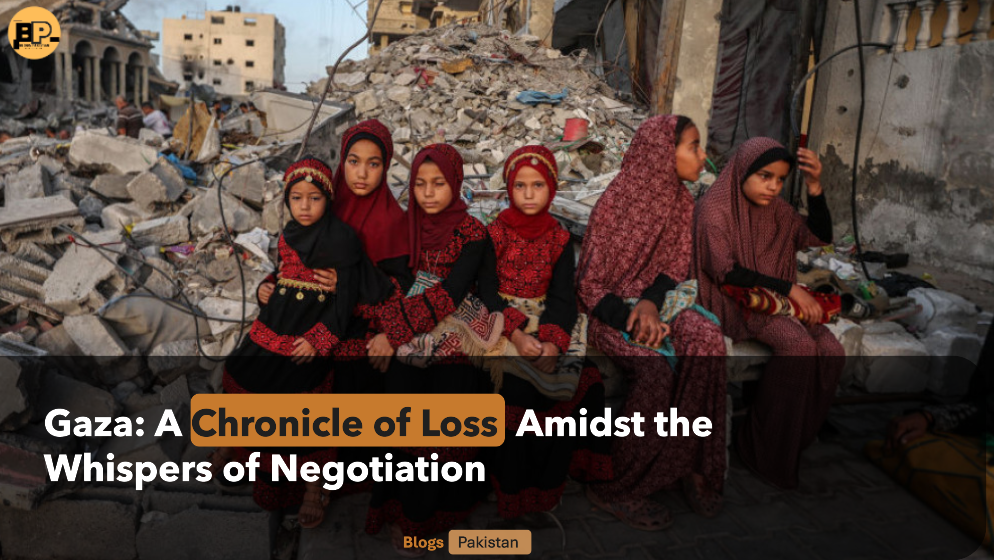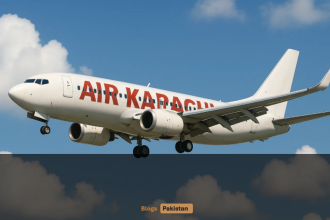The dust of relentless bombardment continues to settle over Gaza, each particle a testament to the escalating human cost of a conflict that seems to defy resolution. Amidst the wreckage, rescue teams tirelessly sift through the debris, their grim discoveries painting a stark picture of the ongoing crisis. Recent reports from Gaza indicate that in a single day, at least 80 lives were tragically lost in Israeli strikes, a devastating toll that underscores the urgent need for de-escalation. This surge in casualties occurred against the backdrop of delicate negotiations aimed at securing the release of hostages held within the territory, a stark juxtaposition of violence and diplomacy.
The Agony of Loss in Northern Gaza
The northern part of Gaza bore the brunt of Wednesday’s strikes, with reports indicating that 59 of the 80 fatalities occurred in this region. Eyewitness accounts and harrowing footage emerging from areas like Jabalia paint a scene of utter devastation. Collapsed buildings, reduced to mounds of rubble and twisted metal, serve as a grim reminder of the intensity of the bombardment. Amidst this chaos, the resilience of the Palestinian people is evident as they, including young children, desperately search through the remnants of their homes, clinging to the hope of salvaging any semblance of their former lives.
The emotional toll of this conflict is immeasurable. Footage of mourners in northern Gaza captures the raw grief of women weeping over the shrouded bodies of their loved ones. The heart-wrenching cry of a woman lamenting the death of a nine-month-old baby – “What did he do?” – echoes the profound sense of injustice and loss that permeates the territory.
A Humanitarian Catastrophe Unfolds
Beyond the immediate impact of the strikes, the people of Gaza face a deepening humanitarian crisis. Hasan Moqbel, a Palestinian who has lost family members in the conflict, articulated the multifaceted suffering endured by the population: “Those who don’t die from air strikes die from hunger, and those who don’t die from hunger die from lack of medicine.” This statement encapsulates the dire conditions created by the ongoing conflict and the restrictions on aid entering the Gaza Strip.
The healthcare system in Gaza is teetering on the brink of collapse. Mohammad Awad, an emergency doctor at the Indonesian Hospital in northern Gaza, described the overwhelming challenges faced by medical professionals. Severe shortages of essential supplies mean that the wounded cannot receive adequate care, and the bodies of those killed lie in hospital corridors due to a lack of capacity. “There are not enough beds, no medicine, and no means for surgical or medical treatment, which leaves doctors unable to save many of the injured who are dying due to lack of care,” Awad stated, highlighting the desperate situation on the ground.
The Stalled Ceasefire and Aid Blockade
The current crisis is exacerbated by the breakdown of a previous ceasefire and the subsequent imposition of an aid blockade on March 2nd. The cessation of hostilities in January had offered a brief respite, but its failure to be prolonged has had catastrophic consequences. The resulting shortages of food and medicine have severely aggravated an already precarious situation for the civilian population. Despite warnings from the United Nations about the looming threat of famine, the situation remains critical.
International voices have joined the chorus of concern. German Chancellor Friedrich Merz urged all parties to take immediate action to avert famine in Gaza, while Italian Prime Minister Giorgia Meloni described the humanitarian situation as “ever more dramatic and unjustifiable.” UN Secretary General Antonio Guterres reiterated the urgent need for a ceasefire and “unimpeded humanitarian access” to the territory.
Concerns Over Aid Distribution and Displacement
A recent US-led initiative for aid distribution under Israeli military security has drawn significant international criticism. Concerns have been raised that this approach may sideline the United Nations and existing aid organizations, potentially disrupting established humanitarian structures in Gaza. Medical charity Medecins Sans Frontieres (Doctors Without Borders) has voiced strong opposition, stating that the plan would make “aid conditional on forced displacement” and accusing Israel of creating “conditions for the eradication of Palestinian lives in Gaza.” These concerns underscore the complexities and sensitivities surrounding the delivery of humanitarian assistance in a conflict zone.
The Pursuit of Hostage Release Amidst Continued Military Action
While the humanitarian crisis deepens, efforts to secure the release of hostages held in Gaza continue. Negotiations have been taking place in Doha, the capital of Qatar, with the involvement of regional and international mediators. The discussions are aimed at finding a pathway to the safe return of the captives, whose plight has become a central concern for the international community.
Netanyahu’s office confirmed that the Prime Minister had spoken with US envoy Steve Witkoff and his negotiating team, specifically addressing “the issue of the hostages and the missing.” Witkoff described these conversations as “really productive,” indicating that progress, however fragile, is being made. He noted that there is “a good plan together” and that efforts are “moving along.”
Adding their voices to the calls for a resolution, 67 individuals who were previously held hostage by Hamas in Gaza penned a letter urging for a “negotiated deal” for the return of all remaining captives. Their letter, addressed to Netanyahu and shared with Witkoff, emphasized the widespread desire within Israeli society for the hostages to be brought home, “even at the cost of halting military operations.”
Escalating Military Rhetoric and Actions
Despite the ongoing hostage negotiations, military operations in Gaza have intensified. Following a brief pause in air strikes during the release of a US-Israeli hostage, Israel resumed its bombardment. Netanyahu stated that the military would enter Gaza “with full force” in the coming days, further fueling concerns about the potential for increased civilian casualties. Reports also indicate that the Israeli government has approved plans to expand the offensive and has spoken of a long-term presence in the Palestinian territory.
The cycle of violence continues, with each strike and military pronouncement deepening the sense of despair and uncertainty for the people of Gaza. The international community remains divided on how to best address the crisis, but the urgent need for a cessation of hostilities and a sustainable humanitarian solution is undeniable. The lives of countless civilians hang in the balance as the world watches and waits for a glimmer of hope amidst the devastation.










